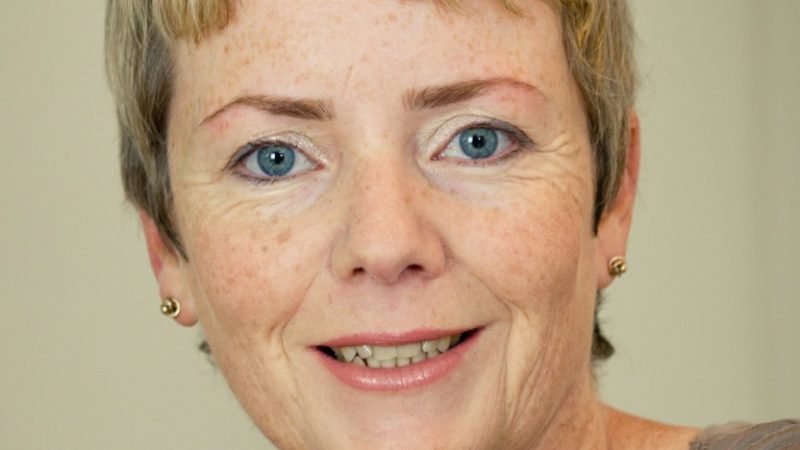

Before last week’s terrible events, when MPs had returned to Westminster after a Whitsun recess in their constituencies, there was a feeling that things weren’t going well for the Remain campaign.
We’ve all known for some time there’s a danger of Labour MPs speaking only for core Labour voters. Having spent time in their own backyards, many had sensed the Remain message was not resonating with those they represent. It was a view catalysed by conversations with like-minded colleagues with similar experiences.
Word quickly spread to lobby journalists, and the narrative shaped by political commentators became that the key to the outcome of the EU Referendum lies with Labour voters, many of whom may currently be minded towards Brexit.
But let’s remind ourselves of two key statistics that I think are relevant. First, 9.3 million people voted Labour at the 2015 General Election. Second, only 4.9 million of them now have a Labour MP.
So over 4 million Labour voters live in constituencies represented by other parties.
Who from Labour is engaging with millions of supporters who backed us 13 months ago?
Who’s speaking to and for those who need a Labour voice but have none?
Is the picture painted by the media narrative accurate? If we’re only engaging with half of Labour voters, it’s only half a picture, after all.
These missing voices belong to people living in seats we need to win to form a government, and we need to remember they rely on a national message from the leadership.
Alan Johnson and others have travelled widely across the South & South West to spread the Remain message over many weeks, and the clearer Labour national voice on the reasons we need to stay in the EU has been very welcome, if overdue.
As one of just 12 Labour MPs out of 197 in the South of England, I’ve long been concerned about the strength of the Party’s engagement with our supporters, and those who might want to back us, right across The South.
In my Bristol constituency last week, talking with people in traditionally Labour-leaning areas including Hengrove, Knowle West and Withywood, I found they feel overwhelmed by the gravity of the referendum decision. UKIP won significant backing in 2015 and at May’s local elections, but it’s a mixed picture on the referendum. Some voters in these Labour areas want out, but many others want to stay.
Residents here work with people who’ve come to the city from other EU countries for employment, and their children go to schools with European children, and this inevitably influences their outlook and attitudes. They understand that Bristol is a city whose growth in recent years owes much to migration.
By and large they understand the city’s successful growing economy has partly been built on the efforts of migrant workers from the EU. Being part of the EU has helped secure economic growth and Bristol families’ prosperity. The availability of work has always attracted people to Bristol from across the UK, Europe and beyond.
People right across the south west, many of whom rely on cities for work opportunities, understand this. At a regional office referendum phone bank I spoke with many Labour voters from Swindon South – a former Labour seat, currently on loan to the Tories. I heard only positive voices about the EU.
Let me be clear: I am not suggesting all is rosier than the poll trends suggest. There is much work to do.
But as Labour campaigners we need to remind ourselves that if our sole focus is on Labour-held seats, our chances of making the headway we need are limited.
Any election brings lessons, and this referendum has already taught many, whatever the outcome of Thursday’s poll. Let’s learn them.
Perhaps Labour’s pessimistic response to the EU referendum polls reflects a Party retreating to its core. It might be another symptom of the disconnect between Labour and the areas we desperately need to win if we’re to form a government again in the future.




More from LabourList
Restoration announce recommendations for NEC candidates
‘Factionalism at the top is weakening Labour – and handing a gift to Reform’
‘Europe must stand strong on its own as US security guarantees grow conditional’